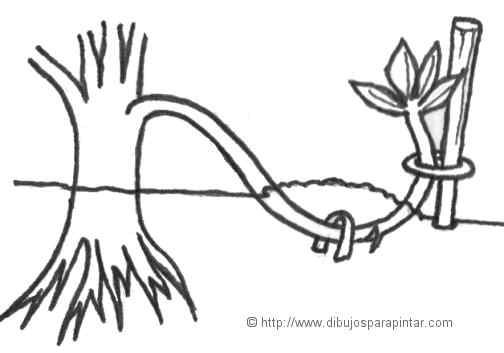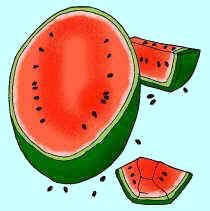Contents
- 1 DEFINITION AND CAUSES OF THE YO-YO EFFECT OR REBOUND EFFECT
- 1.1 What is the yo-yo effect?
- 1.2 Causes of the yo-yo effect of diets
- 1.3 Losing weight does not always mean slimming out
- 1.4 Why do you lose weight faster at the beginning of a diet?
- 1.5 How to lose weight without the yo-yo effect?
- 1.6 Health dangers of the rebound effect
- 1.7 Yo-yo effect and slow metabolism
DEFINITION AND CAUSES OF THE YO-YO EFFECT OR REBOUND EFFECT
What is the yo-yo effect?
The yo-yo effect or rebound effect is the weight regain that occurs after going on a strict diet or fasting. After these diets, when they return to their usual diet, people find that the same foods make them fatter.
This is because the great weight loss puts the body “on alert” and calorie saving is activated.
Sometimes you even regain all the weight lost during the regimen or even more, which causes great frustration.
Causes of the yo-yo effect of diets
Any strict diet produces a rebound effect or gaining more kilos than those lost. In an extreme situation of energy deficit, the body slows down its metabolism to conserve its energy and nutrient reserves as much as possible.
This is an ancient and logical survival mechanism, which has allowed the human species to reach the present day despite times of famine. It is known as homeostasis.
Losing weight does not always mean slimming out
Obesity or overweight should not be defined as “excess weight” but as excess body fat. Therefore, when assessing the ideal weight, you should not pay as much attention to weight as to body composition.
When you want to gain health, it is more interesting to exercise and gain muscle mass than to go on strict diets to “lose volume” in a short time. People who start practicing sports can even gain a few grams or a couple of extra kilos, but in a few weeks they begin to lose weight.
Why do you lose weight faster at the beginning of a diet?
Strict diets are effective for losing weight in a short time. What they do is eliminate carbohydrates, or provide few, to achieve rapid volume loss. This weight loss is not due to fat but to water.
The explanation is as follows: the body cannot obtain glucose from fats, because there is no metabolic pathway that makes it possible (fatty acids are not substrates for gluconeogenesis). Therefore, when carbohydrates are not ingested, muscle glycogen reserves are depleted to obtain glucose.
The loss of glycogen produces a significant loss of volume and weight, because glycogen is a carbohydrate that is stored with water (just like sugar, all carbohydrates are water-soluble and their storage takes up a lot of volume because it has water bound in them). It has been observed that glycogen is stored with three times its volume in water.
Therefore, not eating carbohydrates will make us lose weight, but it also puts the body on alert because it leaves it without reserves. This will activate all the homeostasis mechanisms to regain the lost weight, producing what is known as the “yo-yo effect” or rebound effect.
Many diets are useful to lose weight, the really difficult thing is for them to work in the long term.
How to lose weight without the yo-yo effect?
Weight loss diets have their origin in developed societies, where industrial food, rich in sugar, saturated and

added trans fats, is abundant, and a sedentary lifestyle predominates.
To lose fat you can start by avoiding eating foods with a lot of calories that are not interesting, such as pastries, sausages, cream, cookies, sugary soft drinks, snacks, fried foods, alcohol, etc.
To lose weight effectively and healthily, it is necessary to increase muscle mass by doing moderate physical exercise, such as weights, walking in the mountains, jogging, dancing, swimming, cycling, etc., always in an appropriate manner and if there is no medical contraindication.
Health dangers of the rebound effect
Although the immediate and most “worrying” effect is gaining weight, the loss of muscle mass is very harmful, since muscle is necessary to support the skeleton, and to maintain an optimal state of health, since proteins have vital functions.
In addition, recovering muscle requires much more work than burning it.
Yo-yo effect and slow metabolism
The yo-yo or rebound effect is the consequence of a slow metabolism and loss of muscle due to a poor diet. Having less muscle decreases basal metabolism (the calories the body needs at rest). So after fasting, our body spends fewer calories than before.
So, by eating the same as before, we will gain more weight because we will not spend as much as before.
![]() More information on yo-yo effect
More information on yo-yo effect








